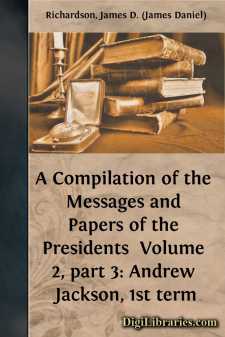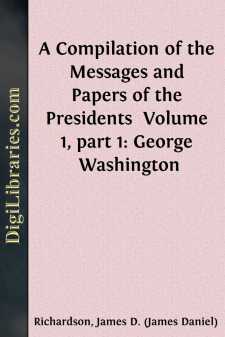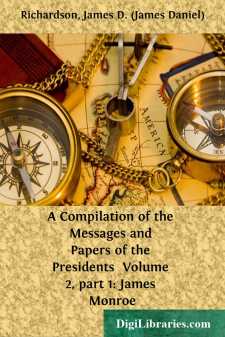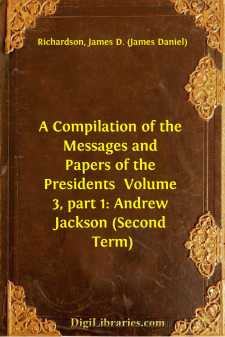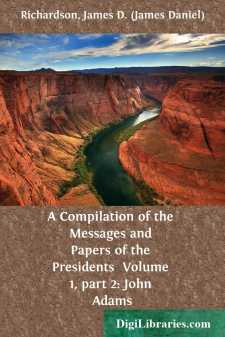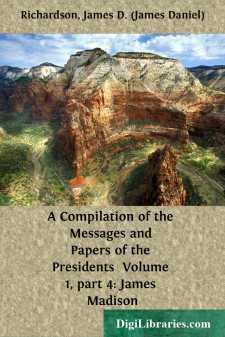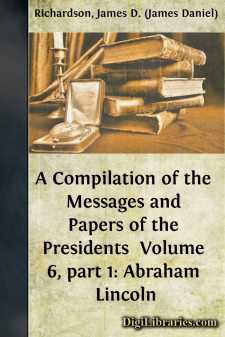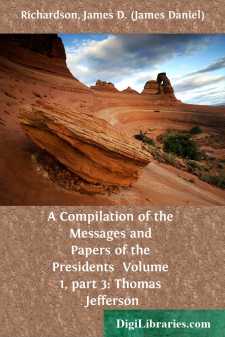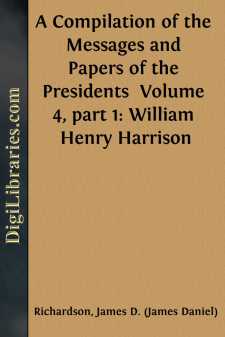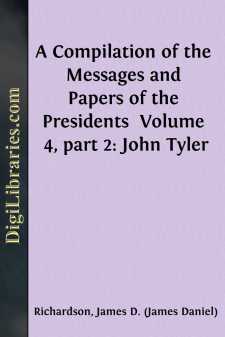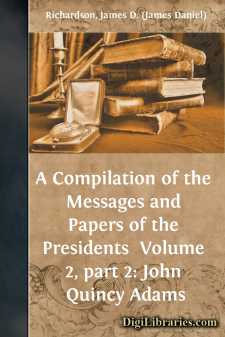Categories
- Antiques & Collectibles 13
- Architecture 36
- Art 48
- Bibles 22
- Biography & Autobiography 813
- Body, Mind & Spirit 142
- Business & Economics 28
- Children's Books 15
- Children's Fiction 12
- Computers 4
- Cooking 94
- Crafts & Hobbies 4
- Drama 346
- Education 46
- Family & Relationships 57
- Fiction 11828
- Games 19
- Gardening 17
- Health & Fitness 34
- History 1377
- House & Home 1
- Humor 147
- Juvenile Fiction 1873
- Juvenile Nonfiction 202
- Language Arts & Disciplines 88
- Law 16
- Literary Collections 686
- Literary Criticism 179
- Mathematics 13
- Medical 41
- Music 40
- Nature 179
- Non-Classifiable 1768
- Performing Arts 7
- Periodicals 1453
- Philosophy 64
- Photography 2
- Poetry 896
- Political Science 203
- Psychology 42
- Reference 154
- Religion 513
- Science 126
- Self-Help 84
- Social Science 81
- Sports & Recreation 34
- Study Aids 3
- Technology & Engineering 59
- Transportation 23
- Travel 463
- True Crime 29
A Compilation of the Messages and Papers of the Presidents Volume 2, part 3: Andrew Jackson, 1st term
Categories:
Description:
Excerpt
ANDREW JACKSON
Andrew Jackson was born in the Waxhaw Settlement, North or South Carolina, on the 15th of March, 1767. He was a son of Andrew Jackson, an Irishman, who emigrated to America in 1765 and died in 1767. The name of his mother was Elizabeth Hutchinson. There is little definite information about the schools that he attended. According to Parton, "He learned to read, to write, and cast accounts—little more." Having taken arms against the British in 1781, he was captured, and afterwards wounded by an officer because he refused to clean the officer's boots. About 1785 he began to study law at Salisbury, N.C. In 1788 removed to Nashville, Tenn., where he began to practice law. About 1791 he married Rachel Robards, originally Rachel Donelson, whose first husband was living and had taken preliminary measures to obtain a divorce, which was legally completed in 1793. The marriage ceremony was again performed in 1794. He was a member of the convention which framed the constitution of Tennessee in 1796, and in the autumn of that year was elected Representative to Congress by the people of Tennessee, which State was then entitled to only one member. Supported Thomas Jefferson in the Presidential election of 1796. In 1797 became a Senator of the United States for the State of Tennessee. Resigned his seat in the Senate in 1798; was a judge of the supreme court of Tennessee from 1798 till 1804. After war had been declared against Great Britain, General Jackson (who several years before had been appointed major-general of militia) offered his services and those of 2,500 volunteers in June, 1812. He was ordered to New Orleans, and led a body of 2,070 men in that direction; but at Natchez he received an order, dated February 6, 1813, by which his troops were dismissed from public service. In October, 1813, he took the field against the Creek Indians, whom he defeated at Talladega in November. By his services in this Creek war, which ended in 1814, he acquired great popularity, and in May, 1814, was appointed a major-general in the Regular Army; was soon afterwards ordered to the Gulf of Mexico, to oppose an expected invasion of the British. In November he seized Pensacola, which belonged to Spain, but was used by the British as a base of operations. About the 1st of December he moved his army to New Orleans, where he was successful in two engagements with the British, and afterwards gained his famous victory on January 8, 1815. This was the last battle of the war, a treaty of peace having been signed on December 24, 1814. In 1817-18 he waged a successful war against the Seminoles in Florida, seized Pensacola, and executed Arbuthnot and Ambrister, two British subjects, accused of inciting the savages to hostile acts against the Americans. He was appointed governor of Florida in 1821. In 1823 was elected a Senator of the United States, and nominated as candidate for the Presidency by the legislature of Tennessee. His competitors were John Quincy Adams, Henry Clay, and William H....


